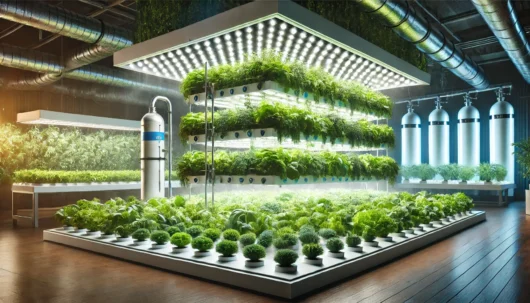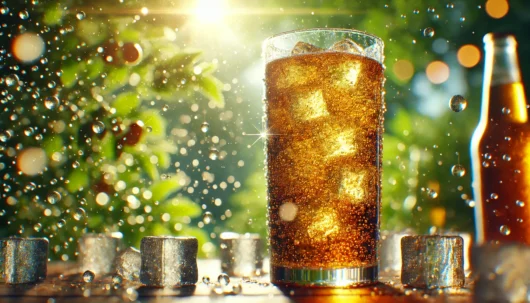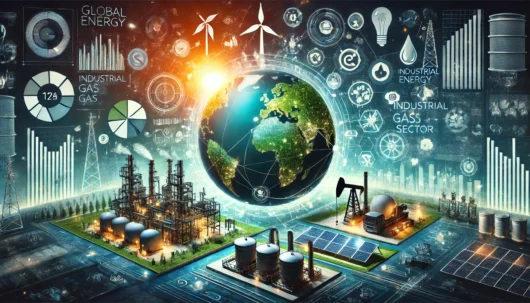Carbon dioxide (CO2) plays a pivotal role in the beverage industry, primarily as a carbonating agent that gives sparkling drinks their fizz and enhances shelf life by inhibiting spoilage organisms. Regulatory bodies have established specific requirements for CO2 purity and usage in beverages to ensure consumer safety and product quality. As a stakeholder in the beverage sector, your adherence to these regulatory standards for CO2 in beverages or guidelines is crucial to maintain compliance and guarantee the integrity of your products.
Beverage CO2 regulations stipulate that the gas must meet certain quality standards before being suitable for drinking. Furthermore, these standards are set forth to avoid contamination and to ascertain that CO2 used in beverages does not pose any risk to human health. Consequently, quality control measures, along with proper certification of CO2 cylinders, become an integral aspect of the operational pipeline in the beverage industry.
Understanding and navigating the landscape of CO2 regulations can be challenging due to the multiple jurisdictions involved, including the U.S. Food and Drug Administration (FDA), the Environmental Protection Agency (EPA), and corresponding agencies in the European Union. Compliance with these regulations ensures your beverages’ safety and customers’ trust, reinforcing your brand’s commitment to delivering quality products. Always remain informed of regulation updates, as this field is subject to changes that could impact your beverage processing and distribution practices.
Regulatory Framework and Compliance
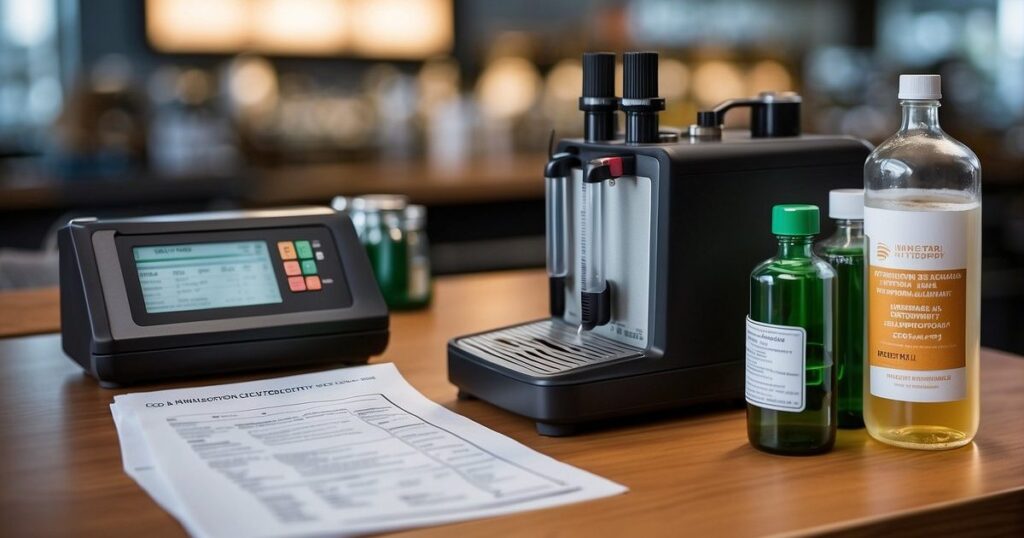
When producing beverages, you must adhere to strict regulatory standards for the carbon dioxide (CO2) content. These regulations ensure the CO2 used is high quality and free from impurities that could impact food safety and consumer health. Compliance with these guidelines is critical for the beverage industry to ensure product safety and regulatory adherence.
Global and National Standards
Authorities worldwide have established Beverage CO2 Regulations to ensure the safety and quality of carbonated drinks. The Food and Drug Administration (FDA) sets the benchmark in the United States with its Code of Federal Regulations Title 21. This regulatory framework specifies the purity levels and acceptable impurities in CO2 used in food and beverages. Similarly, various national and international standards, such as those from the European Industrial Gases Association (EIGA), also dictate specific requirements to ensure that CO2 used in brewing, carbonation, and packaging meets Quality Standards for purity and safety.
Compliance and Best Practices
To stay compliant, your manufacturing processes must incorporate Quality Assurance measures. This involves regular Quality Testing of the CO2 to detect any impurities and ensure purity levels meet regulatory requirements. Compliance can be achieved by following established Quality Guidelines, including the proper sourcing, handling, and monitoring of the gas. Adherence to these guidelines ensures compliance with the relevant regulatory bodies and protects your brand’s reputation and consumer trust.
Role of International and Industry Organizations
Organisations like the International Society of Beverage Technologists (ISBT) and the Compressed Gas Association (CGA) are vital in guiding and supporting the industry. They offer resources and guidelines that help you align your operations with compliance and best practices. For example, the ISBT’s Carbon Dioxide Quality Guidelines assist in harmonising standards across the globe and provide a reference point for Beverage CO2 Regulations. Utilising these resources ensures your business upholds international and national safety and quality standards.
Production and Quality Control
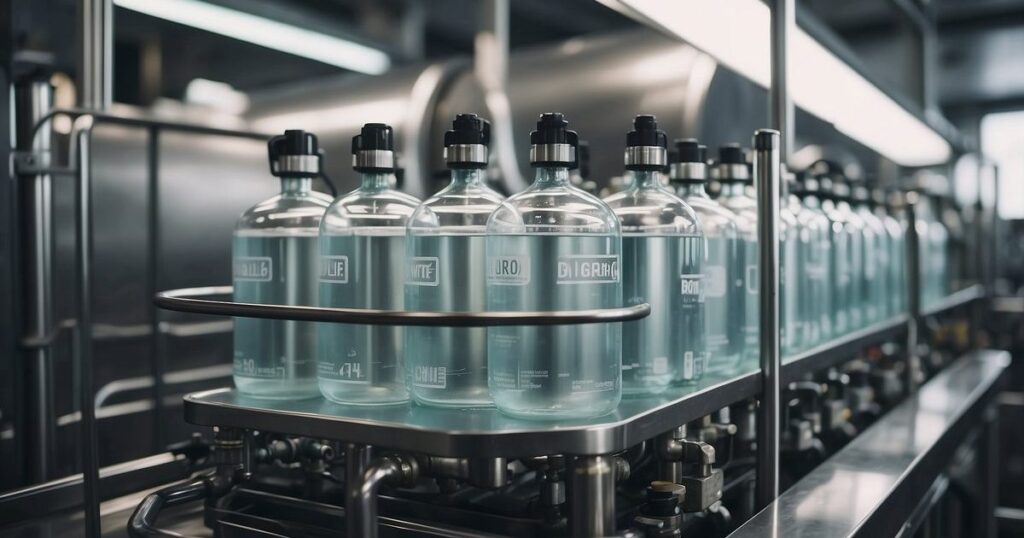
The production and quality control of beverage-grade carbon dioxide (CO2) is critical to ensure that the gas meets strict regulatory standards and complies with the quality requirements necessary for the beverage industry. Your thorough understanding of these processes guarantees a safe and satisfying end product and adherence to compliance measures set forth by authorities.
Sourcing and Production of CO2
The sourcing and production of CO2 for beverage use begin with selecting appropriate feedgas sources. You must ensure that the sourced gas is purified and free from contaminants that could affect the sensory qualities of the beverage. Companies like Linde and Air Liquide operate with high standards, often starting with a colourless, odourless gas that is noncombustible and stable under atmospheric pressure. Purification involves removing impurities such as oxygen and argon to achieve a product that meets the Compressed Gas Association’s (CGA) stringent guidelines.
Distribution and Storage
Once produced, CO2 for the beverage industry must be stored and distributed under conditions that maintain its purity and quality. Typically, CO2 is transported in high-pressure cylinders or as bulk CO2 for larger demands. As a critical part of quality assurance, you must monitor the temperature and pressure conditions to prevent quality degradation. The material compatibility of storage and distribution equipment is crucial in preventing any interaction that might compromise the quality of the gas.
Testing and Analytical Methods
Rigorous testing and analytical methods are integral to your quality control process. Sensory evaluation ensures that CO2 does not impart any off-tastes or odours to the beverage. Companies specialising in analysis, such as Airborne Labs International, employ various analytical methods to assess the gas. Sampling and testing protocols must align with Quality Standards, ensuring the gas meets Compliance requirements for beverage CO2 regulations. These measures are vital for producing consistent, high-quality soda, sparkling water, bottled water, and carbonated soft drinks.
Frequently Asked Questions
When it comes to understanding the regulatory framework for the use of CO2 in beverages, there are critical standards you must adhere to for safety and quality. These include guidelines set by the FDA and the ISBT, among others.
What constitutes the beverage grade CO2 purity as specified by the FDA?
The FDA specifies that beverage-grade CO2 must be at least 99.9% pure. This means it should contain minimal impurities to prevent any adverse effects on taste or safety when consumed.
What are the key differences between food grade and industrial CO2?
Food-grade CO2, suitable for consumption, must meet strict purity requirements and undergo testing for contaminants. Industrial CO2 may contain impurities, so it is not intended for use in food or beverages.
How can one ensure compliance with ISBT CO2 quality guidelines for beverages?
To ensure compliance with ISBT quality guidelines, you should only purchase CO2 from reputable suppliers who certify their product meets the necessary Beverage CO2 Regulations and Quality Standards.
What safety standards must be adhered to when handling CO2 in beverage manufacturing?
You must follow Occupational Safety and Health Administration (OSHA) regulations for CO2 handling, including proper storage, ventilation, and personal protective equipment to ensure safety.
How has the regulatory landscape for CO2 in beverages evolved since 2020?
Since 2020, the emphasis on accurate labelling and verification of CO2 sources has increased, alongside stricter Compliance thresholds for impurities in CO2 used within the beverage industry.
Where can one find the most recent regulations regarding CO2 usage in beverages?
You can typically find the most recent regulations on the FDA’s website or through industry bodies such as the International Society of Beverage Technologists (ISBT).
